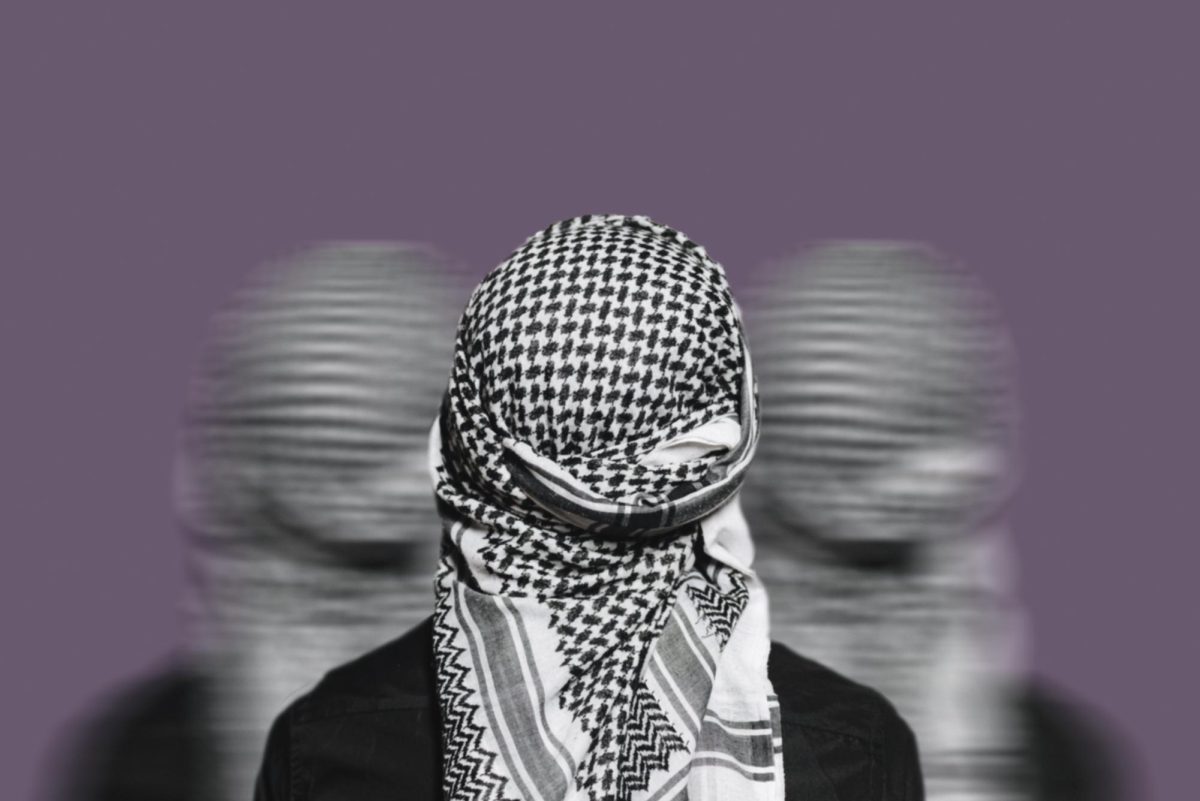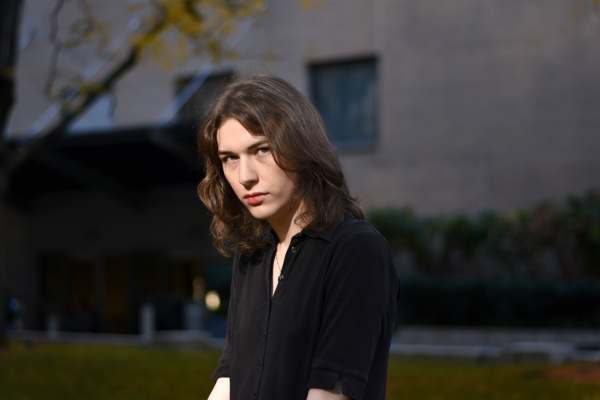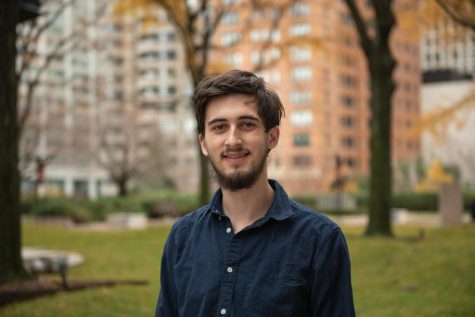Around the heads of student demonstrators are black-and-white keffiyehs, often worn as scarves in elevators or knotted on tote bags, and are a symbol of global Palestinian solidarity.
The keffiyeh’s traditional fishnet design has become synonymous with the Palestinian liberation movement. The pattern represents Gaza’s historic fishing industry, which the New York Times reported was restricted and damaged by an Israeli blockade in an article in December 2022.
Life has been completely disrupted in Gaza. The Israeli Defense Force’s ongoing campaign of airstrikes and ground invasion following the Oct. 7 attack launched by Hamas has wrought a staggering human cost.
“Our existence truly does feel like resistance these days because even being able to display (keffiyehs) is something that’s shunned, something that’s shamed, something that is affiliated with terrorism,”Anonymous student, FCLC ’24
An anonymous student, Fordham College at Lincoln Center (FCLC) ’24, who requested anonymity out of fear of being targeted for their pro-Palestinian beliefs, said that wearing a keffiyeh asserts that Palestine is still alive and there is a living memory.
“Palestinians are not people to be memorialized, they’re not people to just simply mourn,” the student said. “They’re still very much alive.”
The student, who is Muslim, added that they had been harassed on multiple occasions for wearing a keffiyeh and a hijab in New York. They noted, however, that being visibly Muslim and donning a pro-Palestinian garb in the face of an intensifying climate of Islamophobia can be a powerful act in itself.
“I chose to wear it every day because I know there are Palestinian people I interact with … and just seeing someone on the street wearing it is just a reminder that not everyone has given up on Palestine, that not everyone is apathetic,”Manon McCollum, FCLC ’24
“Our existence truly does feel like resistance these days because even being able to display (keffiyehs) is something that’s shunned, something that’s shamed, something that is affiliated with terrorism,” the student said.
Manon McCollum, FCLC ’24, said wearing a keffiyeh calls attention to the ongoing humanitarian crisis in Gaza.
“Every time I would see someone else wearing it I would be reminded of what was going on, the deaths and the humanitarian abuses,” McCollum said. “I felt like it was good that I was being reminded.”
McCollum shared that he now wears a keffiyeh every day following the shooting of three Palestinian college students wearing keffiyehs on Nov. 25 in Burlington, Vermont. He added that the scarf is a visual show of solidarity with the Palestinian people in his life.
“I chose to wear it every day because I know there are Palestinian people I interact with … and just seeing someone on the street wearing it is just a reminder that not everyone has given up on Palestine, that not everyone is apathetic,” McCollum said.
Students for Justice in Palestine (SJP) at Lincoln Center sells keffiyeh to raise money for Medical Aid for Palestinians, which develops medical infrastructure in Palestine and — since the outbreak of war — coordinates aid convoys to the besieged Gaza Strip.
“Keffiyehs are such an interesting phenomenon happening right now because it’s not appropriation. It’s something that is publicly displaying solidarity and at a time when we need to have that visibility because we’re seeing all the repression within institutions.”Anonymous student, FCLC ’24
Fordham SJP remains unsanctioned by university administrators since approval of the club was vetoed in 2017. In a conference with student journalists on Nov. 27, University President Tania Tetlow said that she encourages Palestinian students to form a Palestinian club but will not recognize an affiliate of the national SJP network due to the organization’s “worrisome” social media posts.
The anonymous student said that keffiyehs allow students to visually express their support for Palestine even without a Palestinian club on Lincoln Center.
“Keffiyehs are such an interesting phenomenon happening right now because it’s not appropriation,” the student said. “It’s something that is publicly displaying solidarity and at a time when we need to have that visibility because we’re seeing all the repression within institutions.”
The student added that the marginalization of Palestinians both abroad and in the United States has also seared symbols such as the keffiyeh into public consciousness alongside images of terror in war-torn Gaza.
“The irony of all of these things is that the symbols are now manifesting into our society as something that must be confronted, it is inevitable, it cannot be avoided, and I think that is beautiful to see,” the student said.
The global presence of the keffiyeh, donned by activists, students, and Palestinians alike, has solidified it as a symbol of solidarity with Palestine as the ongoing airstrikes and ground invasions from Israel have entered their 60th day as of Dec. 6.



